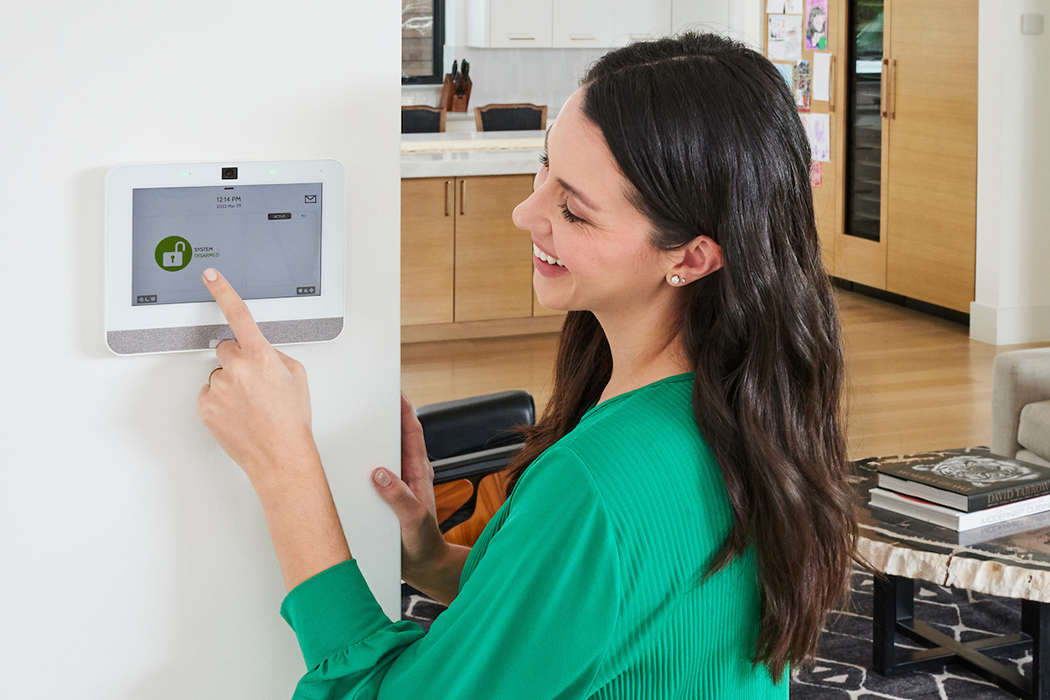
Sustainable living ideas for smart homes: Transform your space
Share
In todays rapidly advancing world, the concept of sustainable living ideas for smart homes is gaining unprecedented attention. As tech professionals and enthusiasts, you are likely aware of the powerful fusion between technology and sustainability that promises to transform our living spaces. By integrating eco-friendly technologies into our homes, we can reduce our carbon footprint, save on energy costs, and ultimately contribute to a healthier planet. So, how can we make our homes smarter and more sustainable?

Understanding the Importance of Sustainable Smart Homes
The primary idea behind sustainable smart homes is to leverage technology to create an efficient and environment-friendly living space. These homes are designed to consume less energy, use resources more efficiently, and minimize waste. As tech aficionados, you understand the potential of IoT devices in optimizing home energy consumption. From smart water sensors that detect leaks to climate control systems that adjust to your preferences, the possibilities are endless.
Integrating Renewable Energy Sources
One of the most impactful ways to enhance the sustainability of smart homes is through the integration of renewable energy sources. Solar panels are at the forefront of this movement, providing a clean and efficient way to power your home. Imagine controlling your solar energy system via your smartphone, optimizing energy usage based on real-time data. This not only reduces reliance on non-renewable sources but also significantly cuts down your energy bills.
Smart Energy Management
Energy management is another critical aspect of sustainable smart homes. By employing smart meters, homeowners can track and optimize their energy consumption. These meters provide valuable insights into energy usage patterns, allowing you to make informed decisions about when and how to use electricity. The integration of AI-driven systems can further enhance energy efficiency by automatically adjusting lighting, heating, and cooling based on occupancy and weather conditions.
Water Conservation Solutions
Water conservation is an essential component of sustainable living. Smart homes equipped with advanced water management systems can drastically reduce water wastage. Innovative solutions such as leak detectors and smart irrigation systems ensure that water is used efficiently. These technologies not only conserve water but also save money by preventing unwarranted water bills.
Eco-Friendly Appliances and Automation
Eco-friendly appliances are integral to any smart home. Energy-efficient refrigerators, dishwashers, and washing machines significantly reduce energy consumption. Moreover, automation systems that allow you to control these appliances remotely ensure they operate only when necessary, further enhancing energy efficiency. For instance, smart thermostats learn your schedule and adjust heating and cooling accordingly, optimizing energy use without compromising comfort.
Enhancing Indoor Air Quality
Indoor air quality is crucial for health and wellbeing, and smart homes offer innovative solutions to maintain it. Smart air purifiers and ventilation systems monitor air quality in real-time, adjusting filtration levels as needed. These systems not only remove pollutants and allergens but also ensure a constant supply of fresh air, creating a healthier indoor environment.
Conclusion: The Future of Sustainable Smart Homes
The fusion of sustainability and technology in smart homes is a promising avenue for creating a greener future. By adopting sustainable living ideas for smart homes, tech professionals and enthusiasts can lead the way in establishing eco-friendly living spaces. The integration of renewable energy, water conservation solutions, and automated systems not only reduces environmental impact but also paves the way for a more sustainable lifestyle. To explore more on this topic, visit Hubitat for a selection of eco-friendly products that can transform your home.

FAQs
What are sustainable smart homes?
Sustainable smart homes incorporate technology to minimize energy consumption and environmental impact. They utilize IoT devices and renewable energy sources to optimize resource usage efficiently.
How do smart homes contribute to sustainability?
Smart homes contribute to sustainability by integrating renewable energy, enhancing energy efficiency through smart devices, conserving water, and maintaining optimal indoor air quality. These features collectively reduce the home's ecological footprint.
Are smart homes cost-effective in the long run?
Yes, while the initial investment in smart home technology may be higher, the long-term savings on energy and water bills, coupled with the reduced environmental impact, make them cost-effective and sustainable in the long run.
